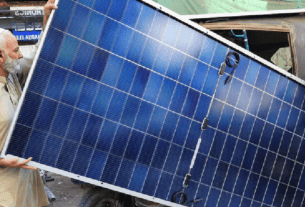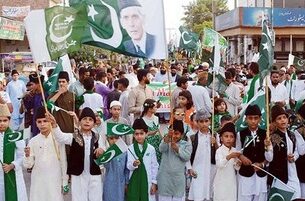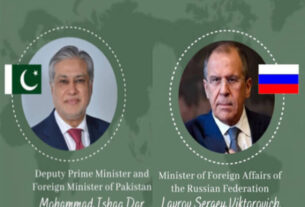1. Petrol Price
Petrol price increase by RS-1.35 per liter. The latest price of petrol in Pakistan by 248.38 per liter. Previous petrol price by 247.03 per liter. Petrol prices increase based on variations in global marketing. On Thursday, the Petroleum Ministry of Finance issued a notification about the price of petrol. In Pakistan, experts worried about the petrol price increase, Expert was hoping for reduced petroleum products. In Pakistan, the cost of fuel, especially gasoline and diesel, has a significant impact on the country’s economy and people’s daily life. These modifications are supervised by the Oil and Gas Regulatory Authority (OGRA), which guarantees reasonable prices while striking a balance between global oil trends and regional market demands. Understanding the dynamics of fuel and diesel prices is crucial for many Pakistanis since they affect household spending, food prices, and transportation costs.
2. Oil and Gas Regulatory Authority (OGRA)
The Oil and Gas Regulatory Authority (OGRA) was created to equitably control the price of gas and oil in Pakistan. By controlling pricing, OGRA hopes to reduce inflation, boost the economy, and stop unjustified increases in fuel prices. In Pakistan’s energy industry, the agency plays a crucial role by addressing customer problems and ensuring fuel suppliers comply.
3. Diesel Speed Price
Diesel price increase In Pakistan, diesel is essential to the industrial, agricultural, and transportation sectors. Costs in various businesses, particularly logistics and agriculture, are impacted by the diesel speed price. Since rising transportation costs have a direct impact on the cost of goods, including food, changes in diesel prices may have a cascading effect. Rising diesel prices have an impact on agricultural transportation and farming, which raises the cost of food.
4. Kerosene Prices
For many low-income and rural households in Pakistan, where access to gas and electricity is restricted, kerosene continues to be an essential energy source. Kerosene prices are frequently controlled to maintain affordability. These households may be disproportionately impacted by price increases for kerosene, thus controlling its price is still important to guarantee that it is available for heating and cooking purposes.
5. Petrol use in Pakistan
As more people in Pakistan own cars and the country becomes more urbanized, the demand for gasoline has climbed. Most private automobiles and motorcycles, particularly in urban areas, run on gasoline. Economic expansion also reflected in the demand for gasoline, although growing use draws attention to issues like pollution and dependency on imported oil. Sustainable policies could aid in striking a balance between economic and environmental objectives and the demand for gasoline.
6. Diesel use in pakistan
Pakistan’s heavy machinery and agriculture powered by diesel. Diesel essential to the economy since it is used in vehicles, buses, and farm equipment. In order to sustain crop output and ensure food security, farmers must be able to purchase diesel, which is especially important during harvest seasons when demand soars.
7. How communities Gain benefit for petrol and Diesel
Lower prices for gasoline and diesel have a significant positive economic impact on communities. Reduced gasoline prices contribute to lower transportation costs and inflation, which maintains the affordability of food and other necessities. Households save money on transportation, while small businesses profit from lower operating costs. Lower gasoline costs also translate into greater spare cash, which consumers can use for other necessities and spur economic expansion.
1. what is pirce of petrol and diesel in pakistan ?
The current prices for gasoline, high-speed diesel, and light-speed diesel in Pakistan are Rs. 248.03/Ltr, Rs. 251.29/Ltr, and Rs. 154.05/Ltr, respectively.
2.1 litre petrol price in pakista .
In pakistan petrol price in RS – 248.03
یہ بھی پڑھیں: 26 ویں آئینی ترمیم: آپ کو کیا جاننے کی ضرورت ہے۔




